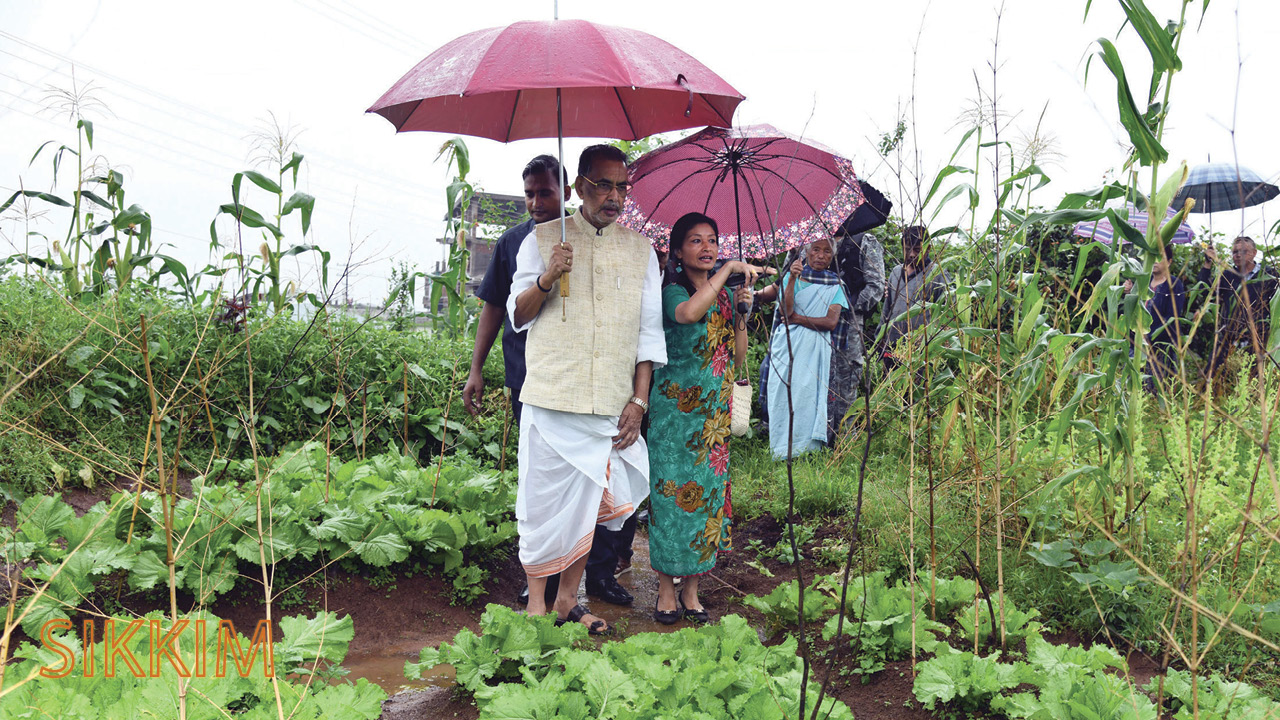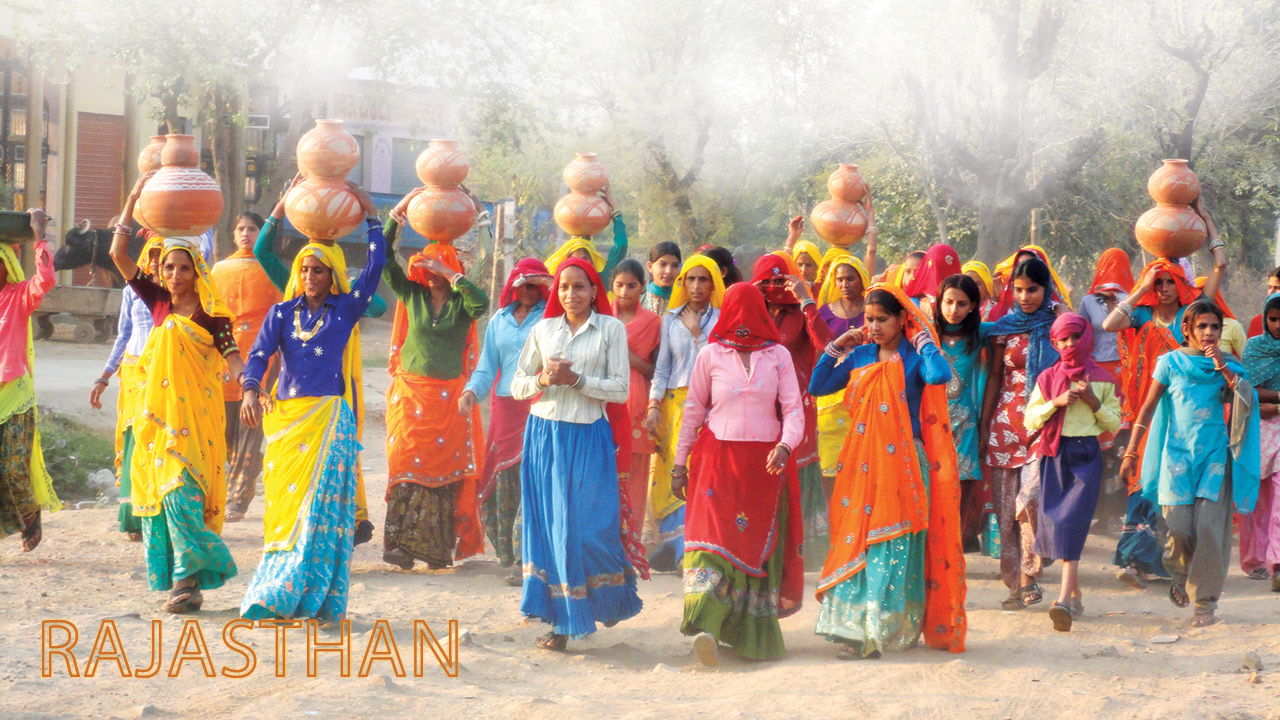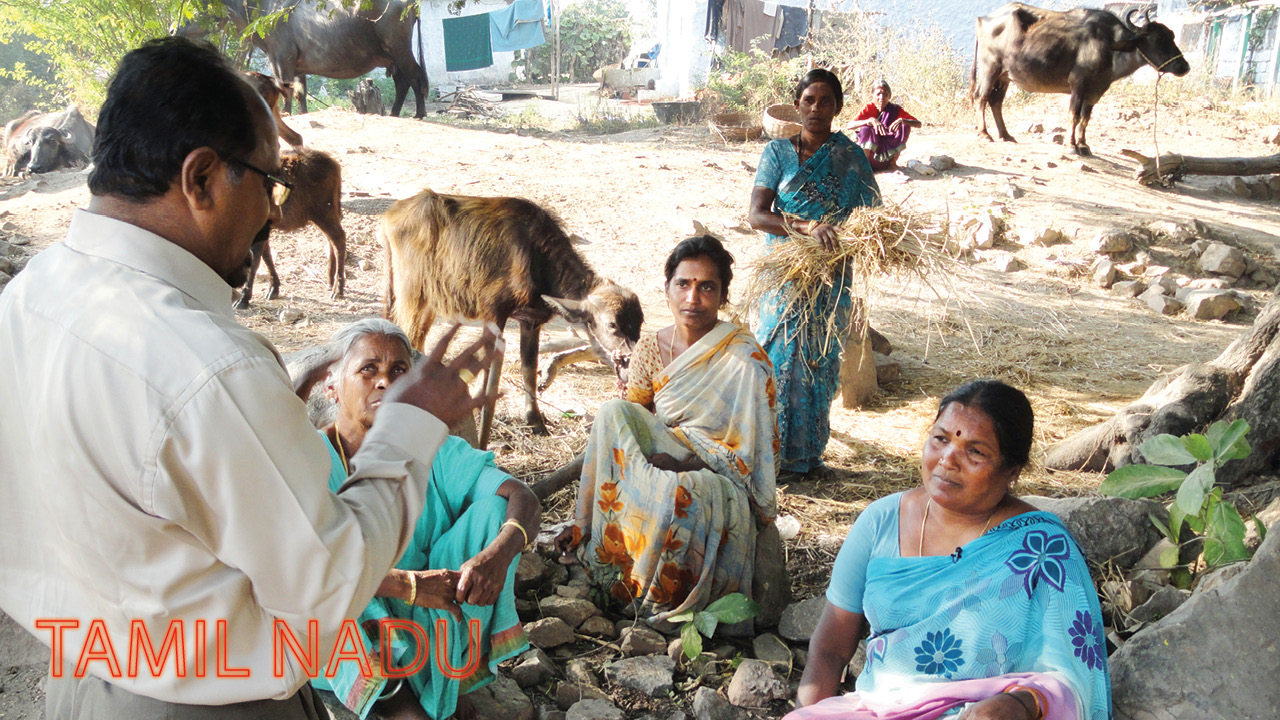Sikkim’s performance in the SKOCH State of Governance ecosystem offers a unique story of sectoral excellence amid systemic limitations. Ranked #21 nationally in the SKOCH State of Governance Report 2024, Sikkim has demonstrated focused gains in specific domains while highlighting clear opportunities for structural improvement.
The state made its debut in Education, Forest, and Rural Development categories in 2024—and impressively, ranked among the top 10 nationally in all three. Sikkim stood at #2 in Education and Forest and #4 in Rural Development, showing that targeted investments in priority sectors can yield disproportionate national visibility even for smaller states.
In terms of the broader SKOCH indices, Sikkim’s performance aligns with that of other smaller northeastern states like Nagaland, Mizoram, and Tripura, but falls behind states such as Goa and Himachal Pradesh, which are often used as benchmarks for development in smaller geographies. On the SKOCH State of e-Government Infrastructure Index, Sikkim ranks in the bottom quartile, suggesting the need to invest in digital public goods, backend automation, and citizen-facing service platforms.
Compared to Mizoram (ranked 3rd nationally on e-Governance) and Meghalaya (2nd), Sikkim’s underperformance on digital readiness limits the scaling of otherwise high-impact governance models. To improve, the state must adopt cloud-based integrations, invest in mobile-responsive service delivery, and enhance real-time data infrastructure.
In the SKOCH State of Financial Prudence Index, Sikkim performs moderately with a normalised fiscal score of 0.37. While this puts it ahead of Nagaland (0.33), Punjab (0.30), and Bihar (0.13), it still lags behind top-performing states like Odisha (0.64), Maharashtra (0.64), and Gujarat (0.59). Sikkim’s public finance model remains heavily dependent on central transfers, and its own tax and non-tax revenues as a share of GSDP are among the lowest. This structural weakness limits its ability to finance large-scale reforms or create fiscal buffers for long-term planning. For instance, Sikkim’s own tax revenue-to-GSDP ratio is negligible, and despite better debt sustainability compared to some peers, its capital outlay as a percentage of GSDP remains sub-optimal. Strengthening internal revenue mobilisation and leveraging green financing in forestry and tourism could address these concerns while aligning with the state’s ecological strengths.

On the SKOCH State of Government Transformation Index, Sikkim maintains a relatively low position, suggesting that while the state does well in execution within individual departments, it lacks whole-of-government transformation mechanisms such as unified grievance redressal systems, policy dashboards, or performance-based budgeting models.
Compared to states like Andhra Pradesh or Gujarat, where end-to-end digitised project management systems and central policy monitoring units have transformed state capacity, Sikkim still functions within siloed administrative structures. Creating state-level transformation units modeled on the PMG (Project Monitoring Group) or introducing performance-linked department rankings could be game-changers.
The SKOCH State of Government Efficiency Index, a composite of governance and fiscal performance, also places Sikkim in the bottom cohort. Its normalised efficiency score is around 0.25, lower than Goa (0.19) and Nagaland (0.17), but significantly below national leaders like Maharashtra (0.82) and Gujarat (0.64). This reflects the state’s limitations in translating sectoral strengths into broader administrative and fiscal efficiencies.
Low digital penetration and weak urban institutional frameworks further dampen outcomes, particularly in municipal governance and service delivery. Addressing these deficits will require capacity-building at the block and municipal levels, particularly in departments like Power, Police, and Public Health, where participation in SKOCH evaluations was minimal or absent.
In the SKOCH State of Development Index, which integrates scores from Governance, e-Governance, Finance, Efficiency, and Transformation, Sikkim stands in the bottom ten with a normalised development score of 0.728. While this is higher than Nagaland (0.53) and Arunachal Pradesh (0.50), it remains lower than peers like Assam (0.80), Goa (0.77), or even Jharkhand (0.87), which share similar socio-economic challenges.
The primary reasons are limited submission of high-impact and district-level projects, weak digital backbone, and insufficient fiscal headroom to scale public programmes. However, the state’s sectoral strength in Education, Forests, and Rural Development provides a strong foundation for recovery. Finally, replicating successful initiatives from peers like Himachal Pradesh in horticulture or Tripura in transport modernisation can offer ready templates for governance improvements.
While Sikkim remains a small state with unique geographical and ecological characteristics, it has proven its capability to deliver impactful results when it focuses strategically. With sharper fiscal planning, deeper digital investments, and expanded district-level engagement, Sikkim can scale its sectoral excellence into comprehensive governance leadership.



